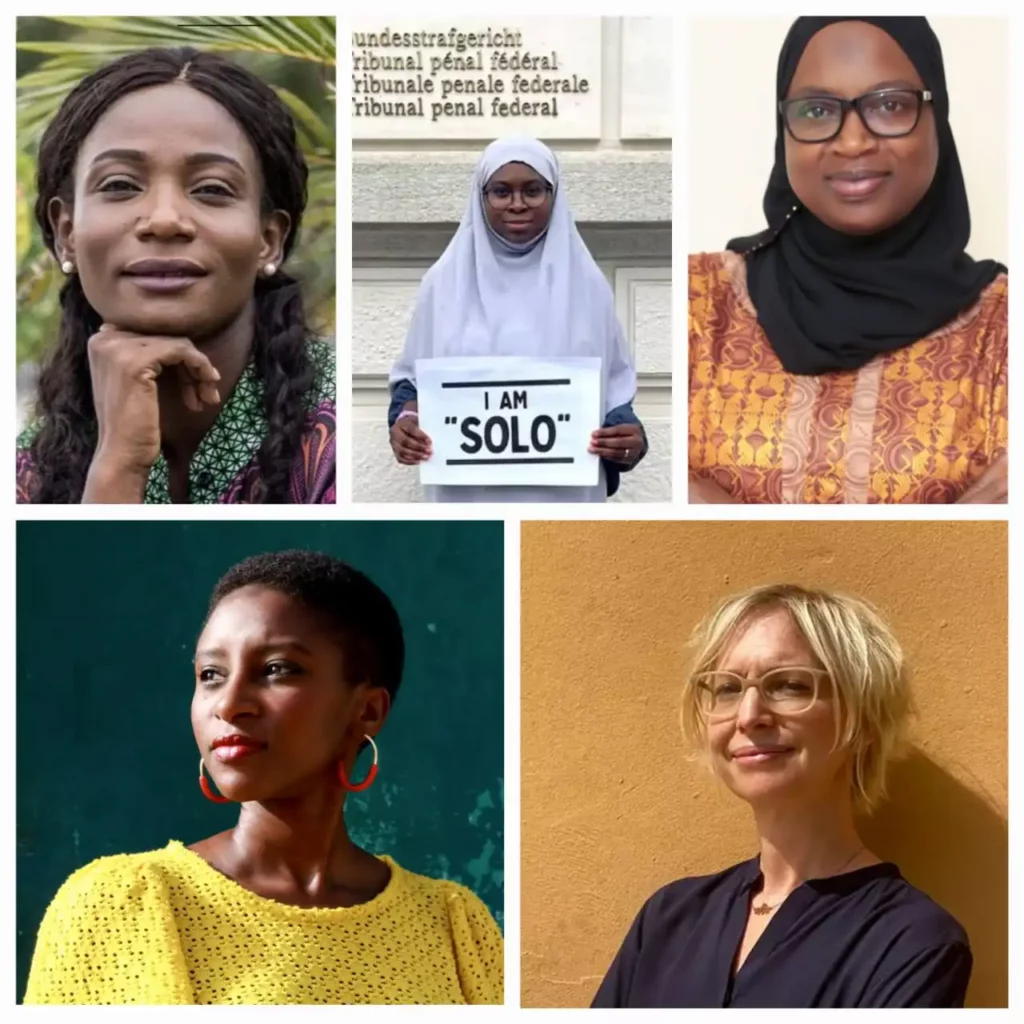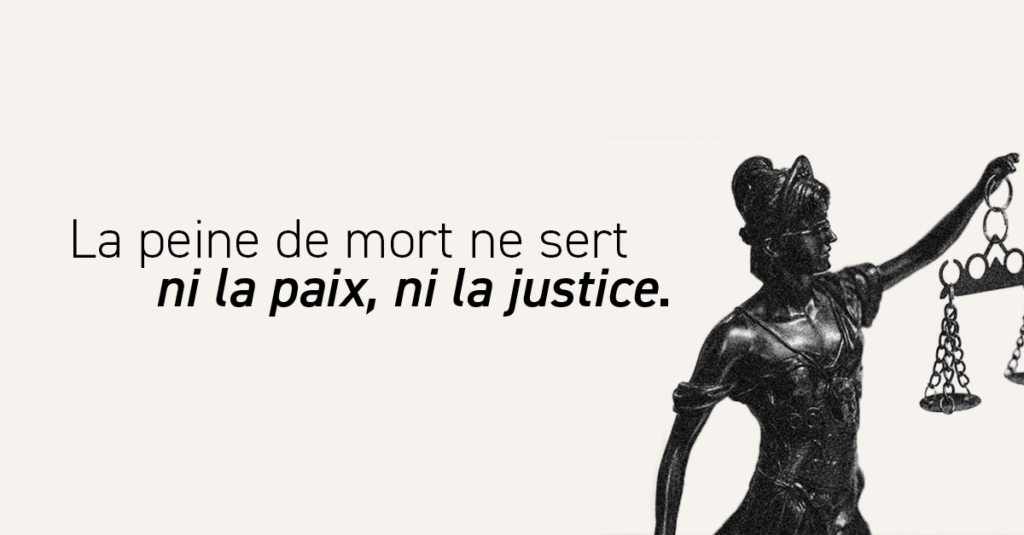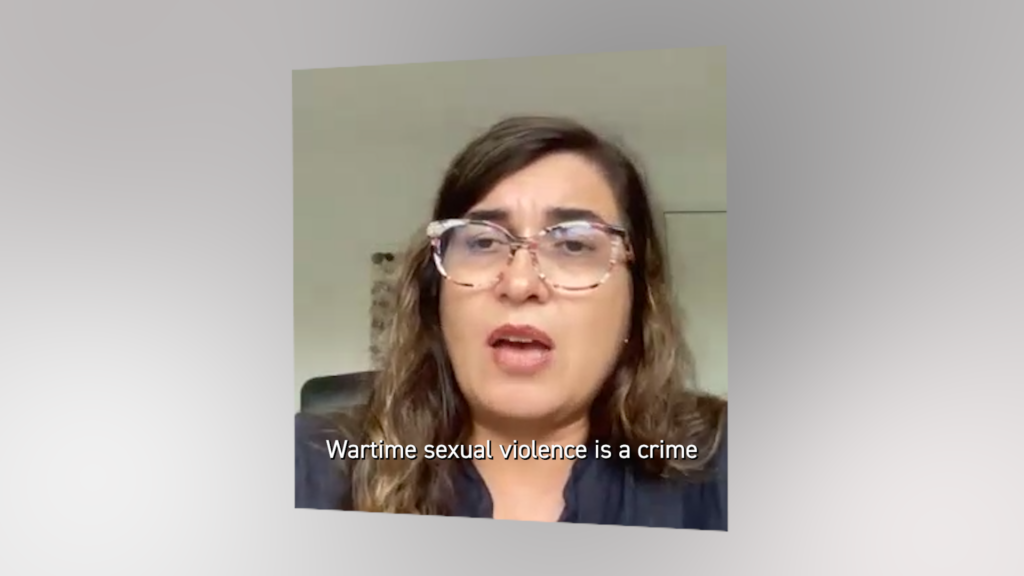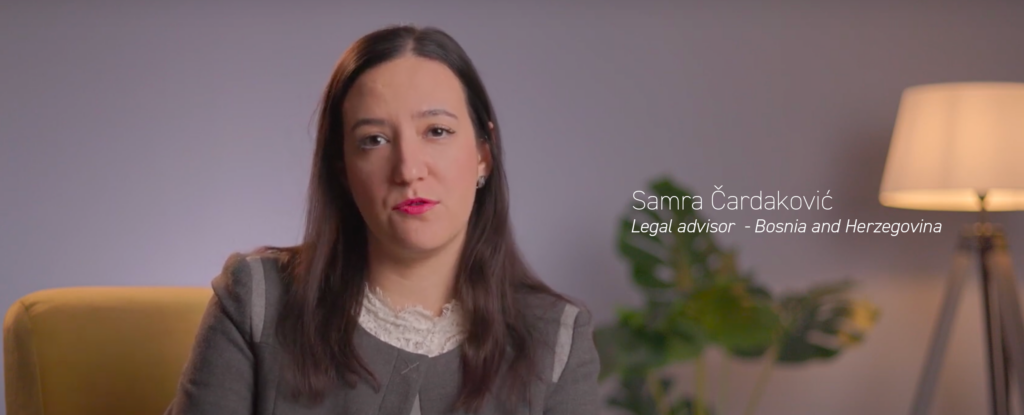Kavumu Case: An investigator at the heart of the issue
Before destiny led him to the victims of Kavumu, Georges Kuzma, police and justice expert consultant for Physicians for Human Rights (PHR), investigated terrorism cases and crimes committed around the globe. In spite of his previous experience, this case has left a lasting impression on him.
In May 2013, you received a mandate from PHR to assist experts from South Kivu in the cases of sexual violence linked to the DRC conflit. How and when did you begin to notice the magnitude of these crimes?
My mandate was to enhance the capabilities of health practitioners, investigators and lawyers in the conduct of investigations and the documentation of sexual violence in conflict situations.
The general hospital of Panzi was one of my foremost health partners, and was in charge of this issue in the eastern part of the DRC. From June 2013, we identified a series of sexual crimes affecting the targeted population; the little girls in the village of Kavumu and its vicinity.
The crimes identified in 2013 led to two convictions. However, at this time, the seriality of these crimes had not become apparent. On a subconscious level, we could not even fathom the horrors that would ensue… until March 2014. Over a period of one month, seven new crimes were reported, erasing any lingering doubts that may have persisted. Tragically, from 2013 to 2016, 46 young girls were subjected to the same modus operandi.
In addition to the painstaking and meticulous work done by the Congolese doctors and investigators with the help of PHR and TRIAL International, more had to be done to convince judicial authorities that these were not isolated and unrelated cases, but rather a single case. It was indicative of a classification in criminal law broaching on the elements of international crimes.
Over the course of months, collaboration between local and international actors was established. How did TRIAL International become involved?
Since the beginning of 2015, the investigations on the crimes committed in Kavumu had become my major preoccupation and were becoming more and more complex. Daniele Perissi of TRIAL International contacted one of our colleagues at PHR who explained the Kavumu issue. At the end of the meeting, Daniele said: “I think we can help you”.
This investigation, undertaken in extreme circumstances, due to the complex and recurring nature of these crimes, required that international experts step in to enhance the process. They buttressed the local experts by applying methodologies and complementary techniques. All the people and organisations that participated had to work in unison to turn back the tide of impunity.
You have extensive experience in criminal cases. What are the striking features in the Kavumu case?
The case is unique in many ways due to its legal and technical intricacies, but its emotional toll was profoundly unsettling. I could never wipe away the memory of the grief-stricken faces of these young girls who had been deeply hurt. One must realize that the majority of these victims are still alive and have to rebuild a future upon these wounds.
The anguish of their loved ones is palpable, as is their disbelief regarding their loved ones in this situation which affects the entire Kavumu community. The tension was unmistakable the day the case began, thousands of people showed up. Both the families of the victims and defendants have been very attentive to the proceedings and to the description of the facts.
Each revelation, each statement was anticipated, scrutinized and judged by a curious and focused crowd. The population expected it and yearned for restoration after these odious crimes.
You have worked in the DRC for a very long time, a country that is notorious for its sexual violence. Have you seen any improvement on a judicial level?
The DRC has a troubled past, the bodies and souls of the Congolese have been deeply and enduringly scared. But since my first mission in the country eight years ago, I have seen a lot of progress in the investigations and the sentencing of cases involving sexual violence.
Impunity is still very present and the capabilities of investigators, lawyers and health workers must be reinforced for a holistic approach on sexual violence. Priority must be given to the victims’ right to compensation and to the ability to live in safety, dignity and liberty.











